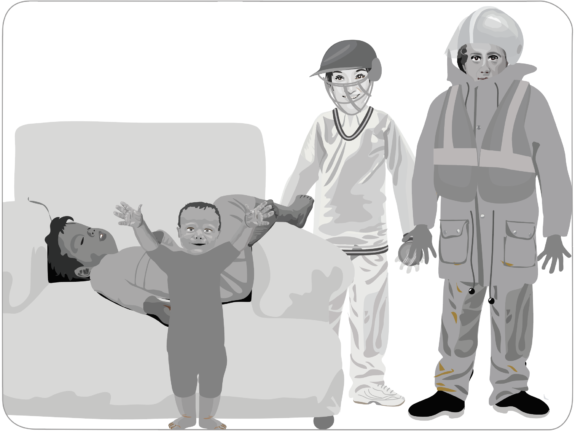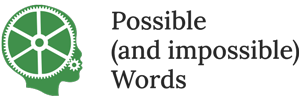
Inclusivity – for all
Children, young children, teenagers, young adults
All with particular needs at particular times
I work with developmental disorders specific to speech and language. My work does not cover degenerative or acquired disorders (typically the effects of strokes and severe trauma to the head). Primarily this means focusing on children, small children, older children, and teenagers.
I’ve spent many years working with children and young people, supporting those with developmental speech and language disorders, of seven, eight, nine and ten, and a few people of sixteen, seventeen, and eighteen with issues which had for a number of reasons not been treated earlier. If treatment for minor issues is delayed they can be difficult to treat. While delayed treatment can be challenging, progress is still possible.
As an experiment I once gave a half hour treatment to the mother of a child I was working with told me she could not say the name of ‘that thing that goes under the door to keep the draughts out’. In that time, I was able to get her able to say draught excluder without any problem. Obviously this did not transform her life. But longstanding issues can sometimes be successfully addressed.
It quite often happens that parents tell me that they themselves have a problem ‘saying long words’. Sometimes this is obvious to me. Sometimes this has limited their lives. One mother once told me that she had decided to give up nursing because she was embarrassed at ‘not being able say the names of the medecines’. To my mind, preventing this kind of situation is a primary reason for therapy.
Who do I help – and when to seek support
I don’t recommend intervention for every child slightly behind the expected milestones or the normal schedule of acquisition. But when there is a significant delay, it’s important to act promptly. Knowing the difference between ‘slight’ and ‘significant’ is where my skill, experience and professional judgement come in.
Diversity
In terms of its population, Lambeth is highly diverse. There are hundreds of languages and cultures. Speech and language therapy in Lambeth needs to reflect this diversity and react appropriately to the complexity to prevent children falling through the net. I try to play my part in this, difficult as it is.

